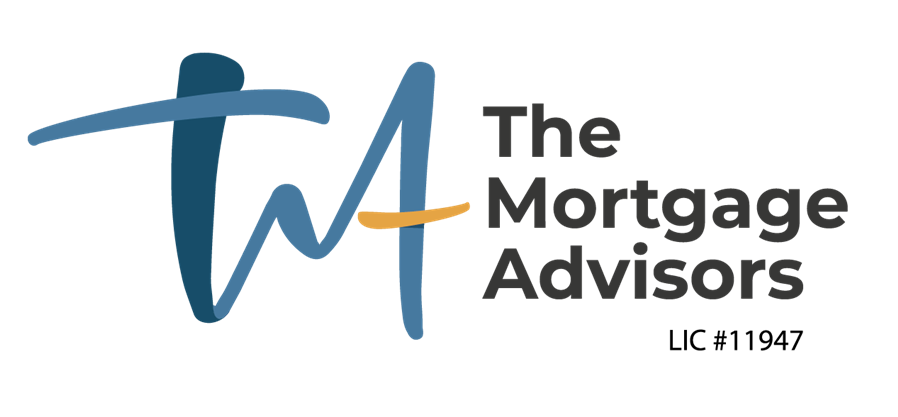
Nick Holloway
Minimum Mortgage Qualification Rate change from 4.79% to 5.25% as of June 1, 2021
5/21/2021
By Nick Holloway
We have been provided confirmation yesterday that the new minimum qualification rate will be the greater of the borrower’s mortgage contract rate plus 2%, or 5.25% as of June 1, 2021. This is an increase of 0.46% from the current minimum mortgage qualification rate applied at 4.79% (or 2% above contract rate).
Are all mortgages required to adhere to the change?
In short, yes this will be applied to all residential mortgages in Canada, regardless of the Loan to Value (LTV). The changes were originally outlined by an open letter from the Office of the Superintendent of Financial Institutions (OFSI) on April 8th, 2021 as changes to existing Guideline B-20 - Residential Mortgage Underwriting Practices and Procedures. The changes indicated by OFSI was anticipated to apply to all mortgages which are uninsured (i.e., residential mortgages with a down payment of 20% or more).
The initial announcement did not apply to insured mortgages (i.e., residential mortgages with a down payment of less than 20% and requiring mortgage default insurance) as the Minister of Finance sets the minimum qualifying rate for all insured mortgages. However, the announcement released yesterday by the Department of Finance Canada has confirmed the Federal Government will align with OFSI new rules by establishing the new minimum qualification rate for all insured mortgages approved on June 1st, 2021 or later.
Will this affect my mortgage qualification?
If you have received a mortgage approval for a purchase, transfer/switch, or refinance before the change to the new rules, there will be no change to your approval as these will be considered based on the previous qualification rate, even if the funding date occurs after the June 1, 2021 change.
It has been indicated in the OFSI website that it is up to lenders discretion whether the old rules can be applied to pre-approvals, although it should be noted this differs from the Ministry of Finance announcement yesterday which categorically states the new rules apply to all mortgage approved on June 1, 2021, or later (indicating a mortgage approval is required with an accepted offer and/or subject property in place).
As these announcements are different in their exact verbiage and we are reliant on lenders specific guidance, it would be prudent to assume that any current pre-approvals which turn to an approval on or after June 1, 2021 will be required to follow to the new mortgage qualification rules.
What is the impact of the change in respect of affordability?
Mortgage qualification is based on calculating “Debt Servicing Ratios”. The first being “Gross Debt Servicing” ratio (GDS) and secondly the “Total Debt Servicing” ratio (TDS). To simplify my example, I shall apply only the GDS ratio to a maximum permitted percentage of 39% with an assumption that there are not sufficient outstanding debts which would trigger the maximum TDS ratio.
The GDS is the sum of “Principal and Interest” mortgage payment using the minimum qualification rate with a 25-year amortization, Property Tax and Heat (commonly referred to as PITH), divided by the household’s verifiable gross income amount. If we assume a household income totals $100k while applying an amount of $4,000 for property tax and $1,200 for heat each year, the maximum amount the borrower’s mortgage qualifies for under the 4.79% rate equals $494,400. We can think of this as a “Debt to Income” ratio of 4.944, in other words for every $20,226 of annual income equates to $100k in mortgage qualified.
By applying the increase in the minimum qualification rate from 4.79% to 5.25% with all other parameters being equal, this is a reduction in the loan maximum to $472,660, with a “Debt to Income” ratio now at 4.7266, or for every $21,1567 of annual income for each $100k in mortgage qualified. While the TDS ratios are dependant on property taxes and heat which can vary the exact amounts of the approval and changes, we can establish from the above numbers the impact in this example is a reduction of 4.6% in the total loan maximum under the new rules.




























